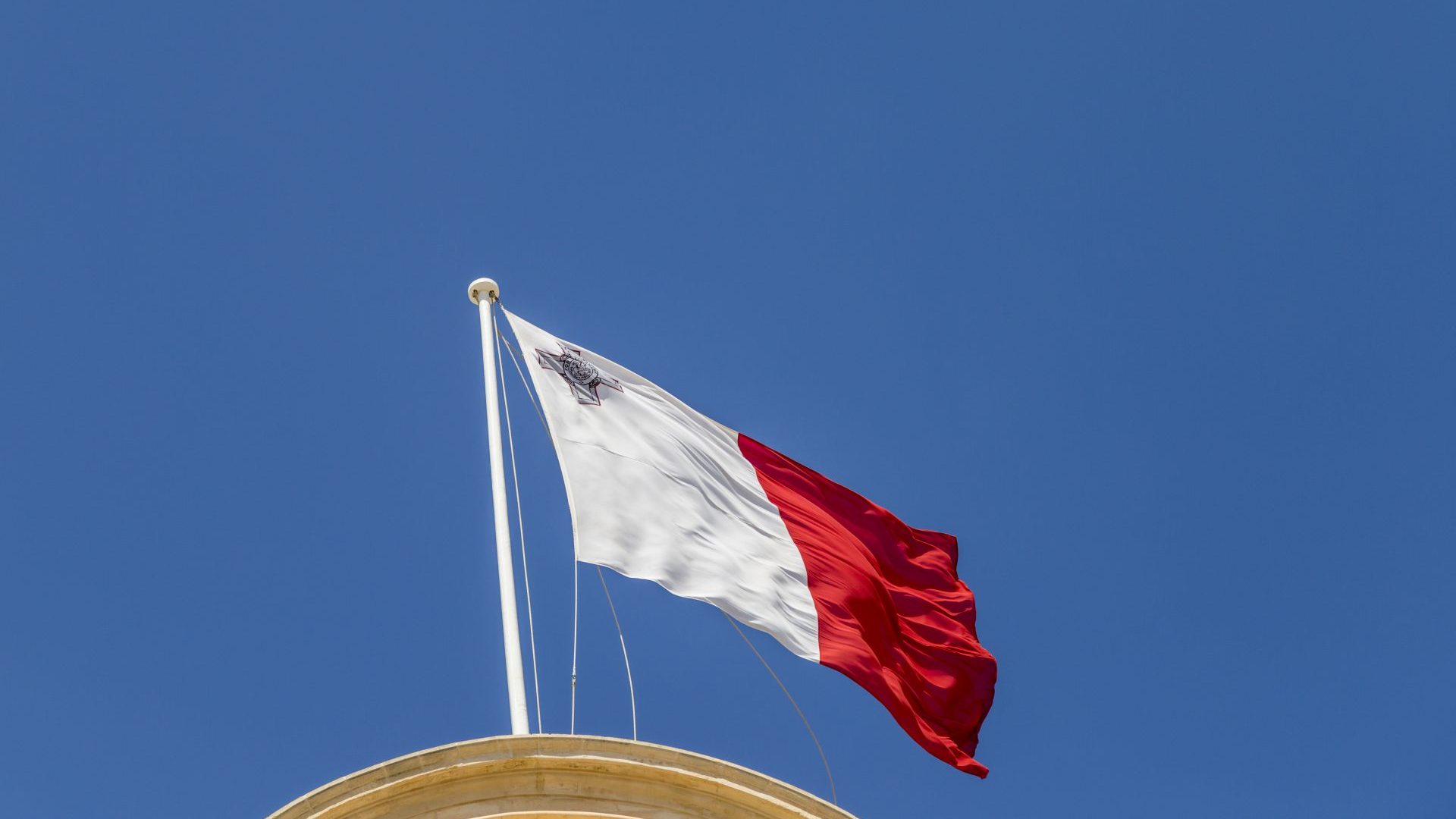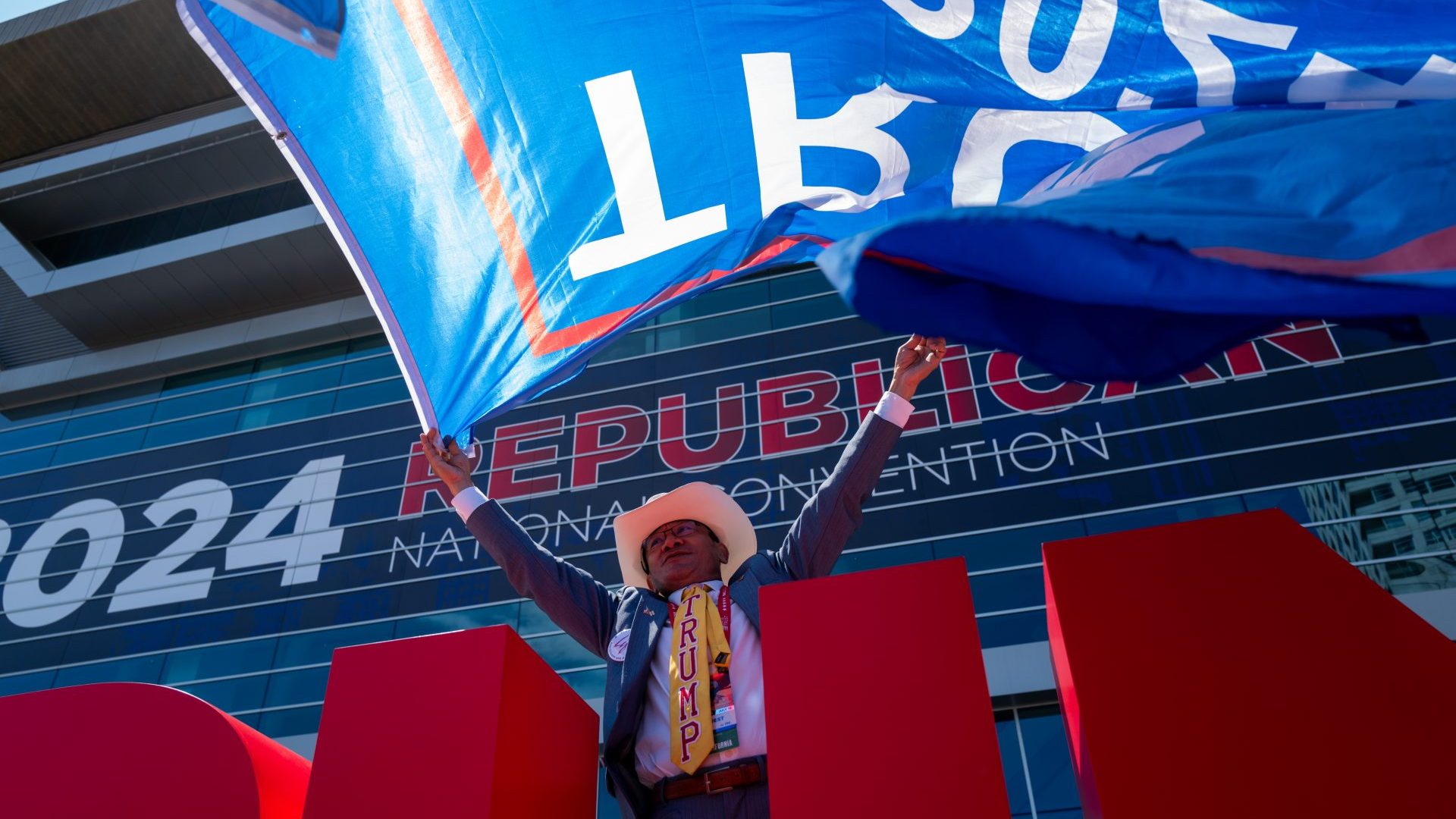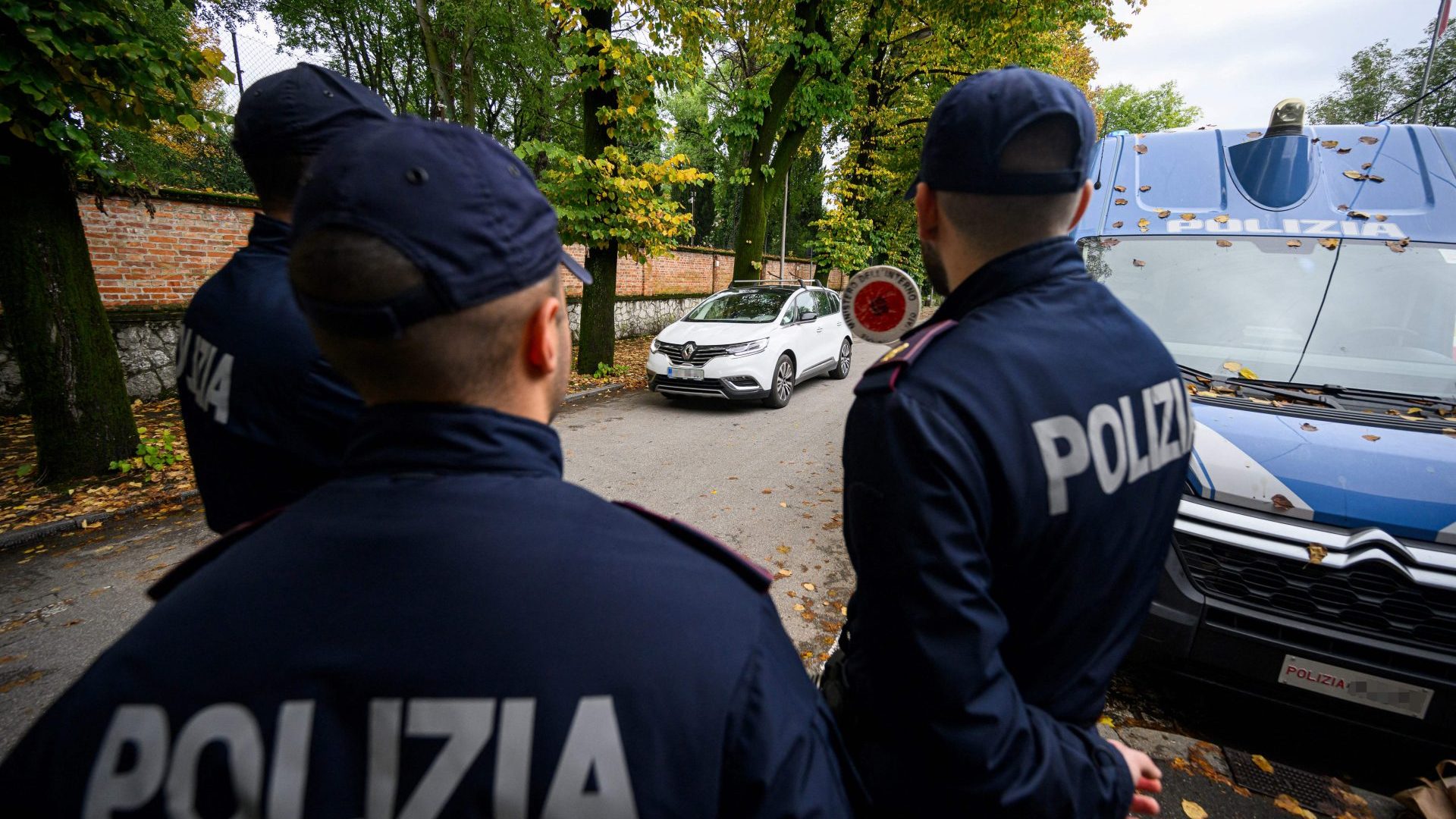Located in a 16th-century gatehouse not far from Farringdon Station, the Museum of the Order of Saint John is one of London’s hidden gems. It tells the history of a pan-European order of knights who, from the 11th century onwards, provided safe passage for Christians to Jerusalem throughout the Crusades.
In 1877, the order formed the St John’s Ambulance Association to teach first aid in large railway centres and mining areas, and in the following year, it was granted a royal charter by Queen Victoria. Relations with the crown had not always been so cosy. Following Henry VIII’s rupture with the catholic church in Rome, the Order of St John decamped to Malta. St John’s Cathedral in Valletta contains a remarkable floor comprised of marble tombstones for fallen knights.
The cathedral also contains two paintings by Caravaggio. Fleeing mainland Italy after killing a man in a duel, Caravaggio sought refuge in Malta; he was made a Knight of St John, before escaping to Sicily after assaulting the cathedral organist.
A British colony until 1964, whose official administrative language continues to be English, Malta has been seen as having the best of both worlds by risk-averse UK travellers. It is a place you could take your grandmother (it was my late Great Aunty Daphne’s destination of choice), and it also has the climate and cuisine of the Mediterranean.
But all is not well in the EU’s smallest member state. Amnesty International has expressed concerns about limitations placed on abortion reforms. The Council of Europe has criticised the government for not implementing anti-corruption policies, giving it until the end of the year to get its house in order.
After becoming a global reference point for speaking truth to power, the Maltese investigative journalist Daphne Caruana Galizia was assassinated in 2017 by a car bomb.
Her violent death was hardly mourned by the politicians she had held to account. The prime minister, Joseph Muscat, eventually had to step down in response to protests that the government had been obstructing the investigation. Even so, the ruling centre-left Labour government, which has been in power since 2013, won a third term in office in 2022.
All citizens in Malta over the age of 16 have the right to vote. Turnout for general elections is much higher than in the UK and virtually all EU states. Commitment to democracy is not necessarily the principal explanation. Pragmatic as well as ideological factors explain why many citizens favour specific politicians and parties in a small island with a population of just over half a million.
The university where I work in Malta employs some world-class scholars, and the mere fact of having an external examiner like me suggests a commitment to transparency. Academic posts are rarely if ever advertised. They tend to be prestigious and well-reimbursed government appointments.
Malta’s model of economic growth based on tax breaks for online gambling, courting the wealthy (overheads for docking a yacht in Valletta are much lower than in Italy or Spain) as well as a welcoming attitude to both budget airlines and cruise liners might not prove sustainable. Populist measures include the current government issuing cheques to students and workers in a country where unemployment is virtually non-existent. Cash is the preferred and sometimes sole form of payment here.
My most relaxed conversation was with a Galician barmaid serving me a ginger-flavoured margarita and traditional coconut ball (a distant cousin of the Scottish snowball) in a surfer’s reggae bar.
Swimming in the sea, first-rate cuisine and cultural attractions render Valletta an attractive place. Nonetheless, I felt more at home when I left Malta for Sicily and the volcanic ash of Catania.
The Sicilian city’s backstreets are hardly devoid of danger, but in Sicily at least you can see the danger. In Malta, it remains hidden beneath the surface.
Duncan Wheeler is an author and professor of Spanish studies at Leeds University



